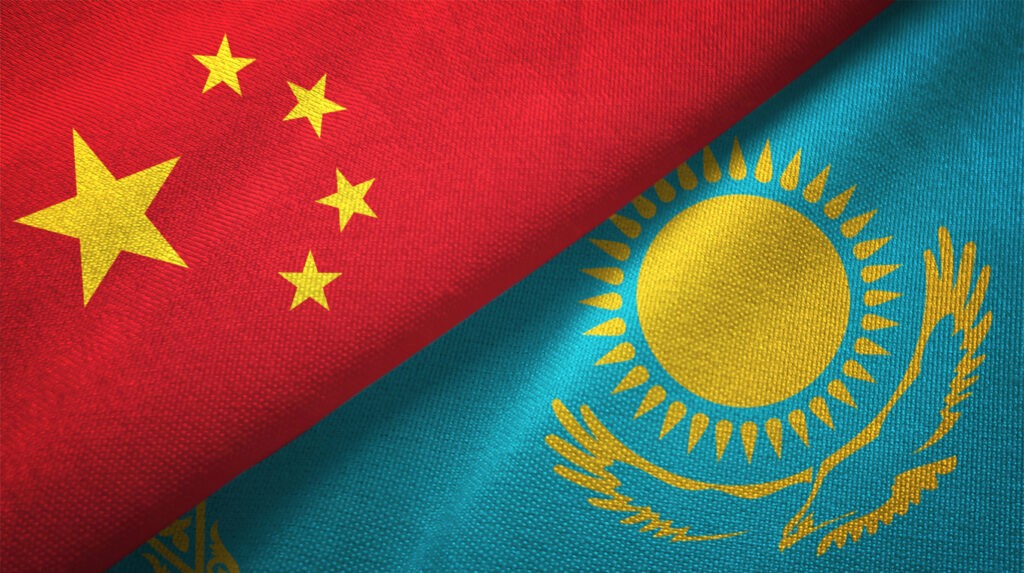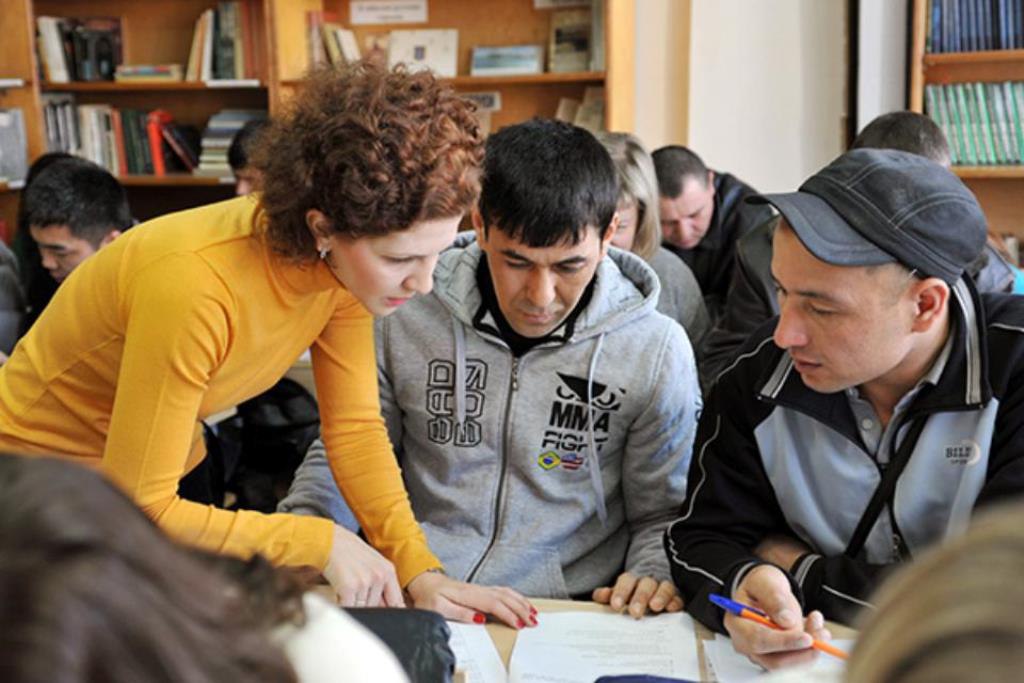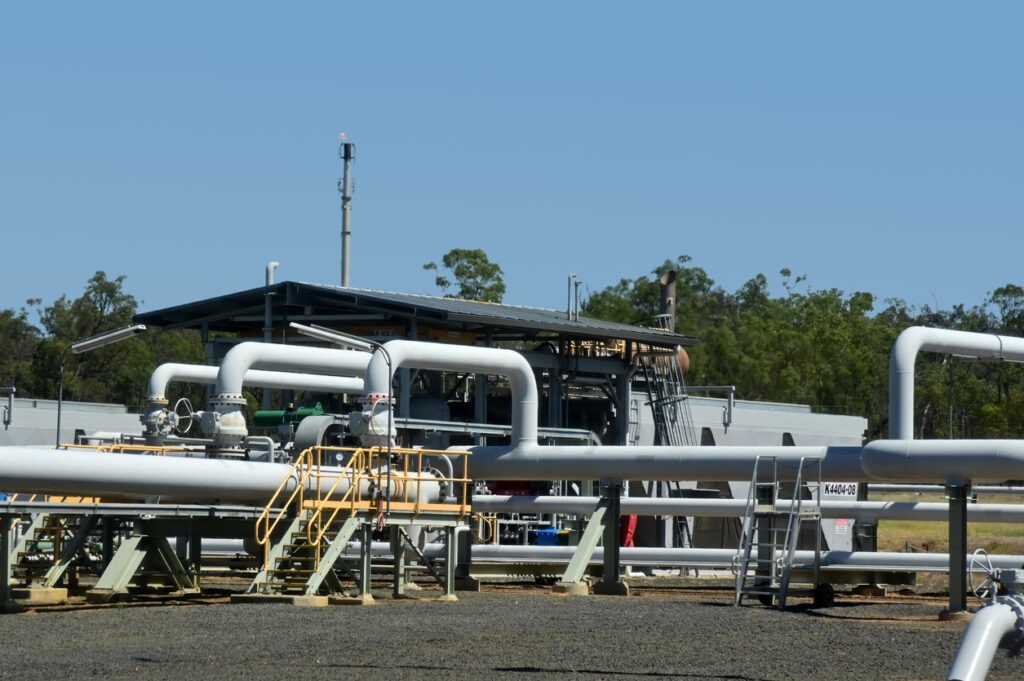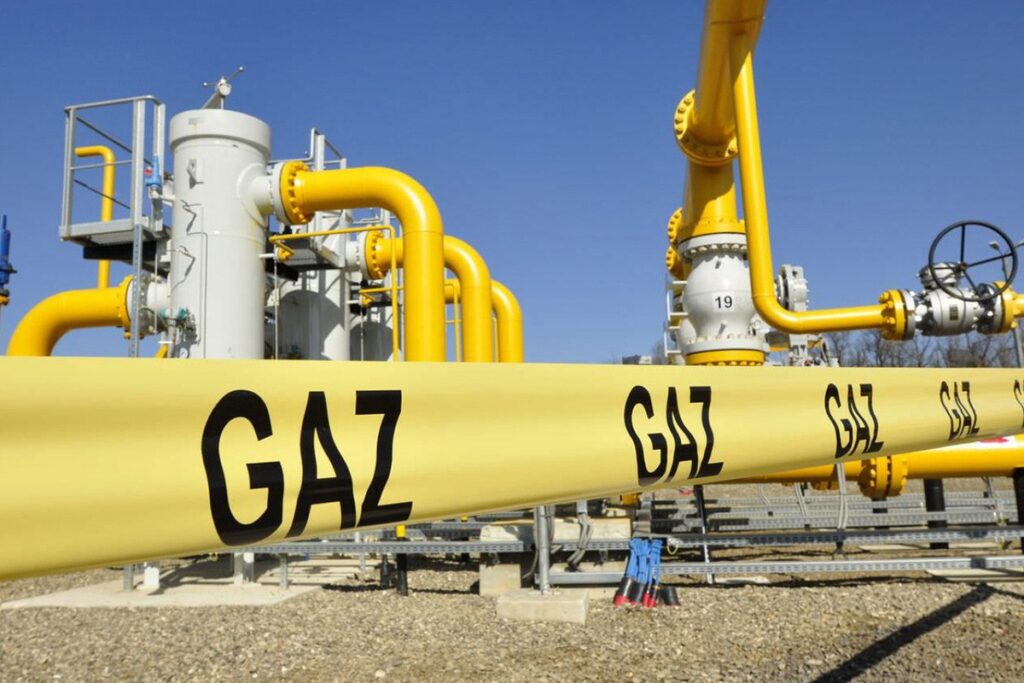The Kyrgyz Association of Insurers is sounding the alarm that private insurance companies may soon be out of work due to government interference. According to a decree signed by Kyrgyz President Sadyr Japarov, all state bodies and local governments are now instructed to insure all their property with the State Insurance Organization (JSC SIO) in order to develop the national insurance market. "The Cabinet of Ministers of the Kyrgyz Republic will define JSC SIO as the national operator for reinsurance, including export risks, within the framework of cooperation with the Eurasian Reinsurance Company," the document says. The Kyrgyz Association of Insurers appealed to human rights activists to assist in protecting their interests. Private insurers are sure that the new law violates their rights and doesn't comply with Kyrgyzstan's current legislation. "According to insurers, the principles of entrepreneurial activity established by the legislation of the country, such as non-interference of state bodies in the activities of business entities, are violated. In addition, the state guarantees for the protection of the rights of entrepreneurs equal rights and opportunities to access financial resources -- as well as the creation of conditions for the protection and development of competition -- are being violated," - said the International Business Council, which was engaged by Kyrgyz private insurance companies on the matter. The current law "On Organization of Insurance in the Kyrgyz Republic" prohibits interference in insurance activities. Private insurance brokers and business owners argue that the state is playing an unfair game at the legislative level, forcing state-owned companies to insure their property with the SIO. Besides, the financial means to underwrite risk and pay out possible insurance claims are miniscule to the capitalization of private insurers. Last year, the authorities increased the capitalization of the SSO to 1 billion som, and this year they will allocate another 300 million som by presidential decree. "In the prescribed manner by 2027 to find and gradually allocate funds in the amount of 5 billion som to JSC "SIO" to increase the authorized capital... By 2027, the annual profit in the amount of 100 percent, received from the activities of JSC "SIO," will be directed to increase the authorized capital at the expense of the distribution of budget revenues and expenditures," the law reads. Today, 15 insurance companies, including SSS -- as well as several Chinese and Kazakhstani insurers -- operate in the Kyrgyz market. People familiar with the situation who spoke to The Times of Central Asia say most of the major national companies are already insured with SIO, meaning that only civil insurance lines -- like health and life -- and auto insurance remain for private insurers.






